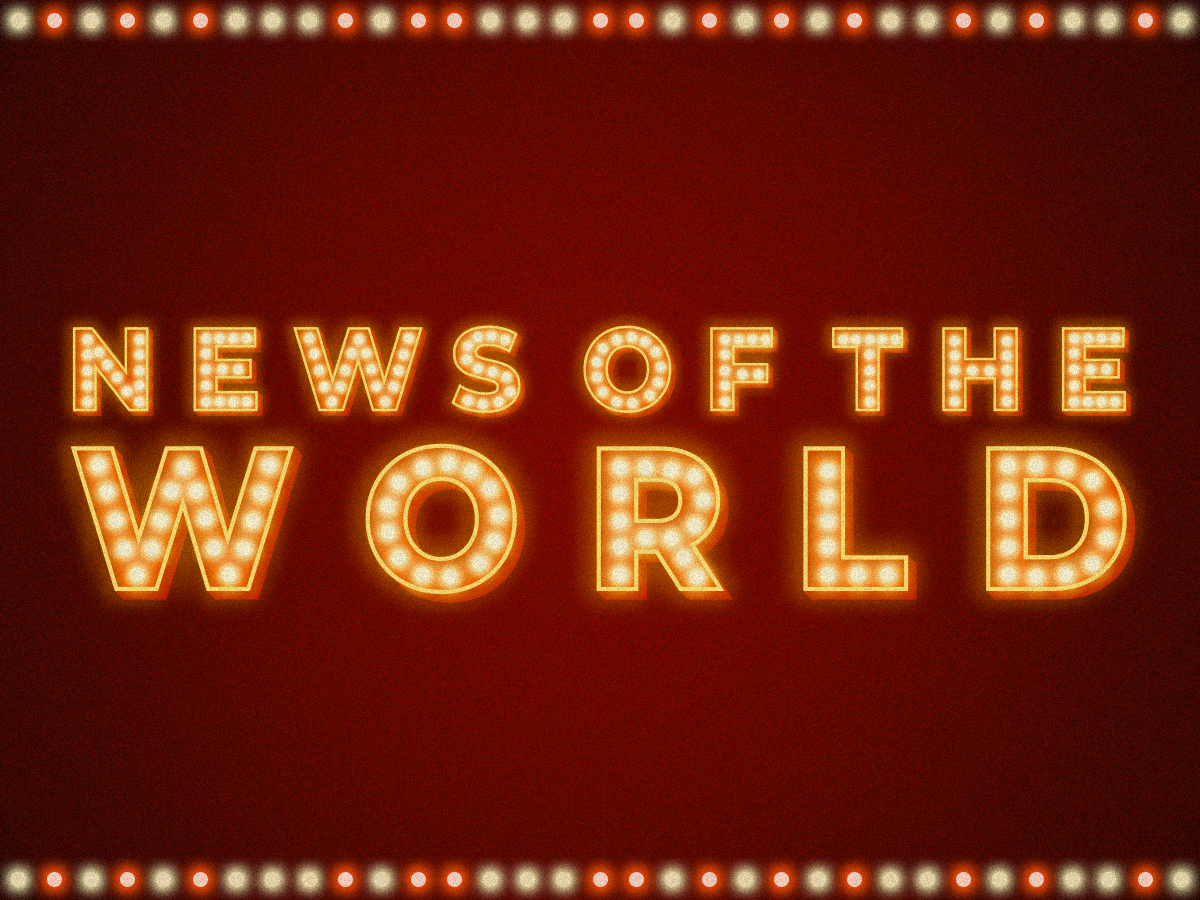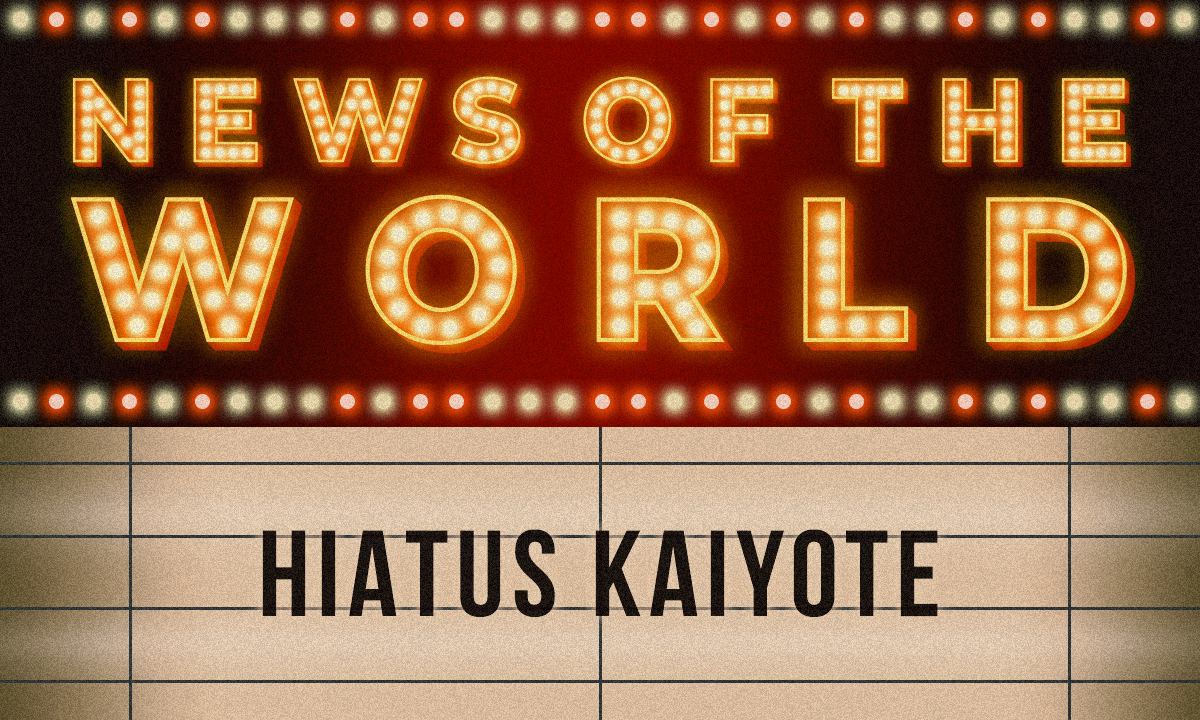
Many artists are wary of being classified under a specific genre, but some apply the label to themselves. That’s exactly the case for four-piece Australian band Hiatus Kaiyote, who recently released their new album, Mood Valiant. They put themselves forward as a “future soul” band with their 2012 debut album, Tawk Tomahawk. Both the artist and the genre were unfamiliar, but the results were brilliant. They secured a nomination for Best R&B Performance at the 56th Grammy Awards in 2014 for their single “Nakamarra” and garnered favorable reviews from music enthusiasts and critics alike. Hiatus Kaiyote was the most unexpected, attention-grabbing act at the Grammys that year—and they are, rest assured, a group you must get to know if you want to experience the essence of fresh soul music and genre fusion.
Future soul, which came onto the scene around 2010, is a style based on R&B/soul and built around an eclectic mix of many genres, such as electronic, dubstep, funk, jazz, pop, hip hop and rock. The genre may appear similar to alternative R&B at first glance, but consider that it’s also referred to as future throwback soul. While alternative R&B deviates somewhat from standard R&B in terms of its vocals and overall sound, future soul adheres to the traditional aspects of the larger framework. In other words, the music is simultaneously progressive and rooted in nostalgia for the past.
The band started a new chapter in 2000s soul music when they released Tawk Tomahawk, and surprised listeners again just three years later with even more solid music and composition in their second studio album, Choose Your Weapon, in 2015. The same can be said of Mood Valiant: Essentially, the group has bowled three strikes in a row. Just as their name is mysterious—a combination of the words “hiatus,” meaning to put a pause to something, and “kaiyote,” an invented word—it’s not easy to nail down the intention behind their music. That’s what makes it so interesting. Even without ever experiencing it, this is probably how it feels to be pulled into a wormhole.
During this time, dynamic variations on polyrhythm, where two or more different rhythms are used alongside one another, have become Hiatus Kaiyote’s defining feature. Moreover, they expertly combine real musical recordings with digital compositions. Some good examples of their profound musical vision can be heard in “Nakamarra” (Tawk Tomahawk), where Nai Palm’s nonlinear vocals play on the band’s languid performance and leave a lingering impression, and “Shaolin Monk Motherfunk” (Choose Your Weapon), when the opening led by swing-like drums and bass is followed by a transition to soul with an Afro rhythm, a 30-second mish-mash of prog rock and electronic, and a return to the swing jazz from the beginning.
Although such dynamic variations are toned down on their new album, the inventive genre fusion and full-body-entwining psychedelic mood continue to provoke wonder. The song “Get Sun,” featuring veteran Brazilian artist Arthur Verocai, is a great example of this. The song flows elegantly at the beginning thanks to the string session directed by Arthur layered overtop of a brisk rhythm and funky bass, but the instruments drop off one by one as it moves on to the latter half, finally transforming into a variation of abstract hip hop, a subgenre of experimental hip hop. Nai Palm’s lyrics also leave a deep impression with their sincerity and the sense of duty coming from an artist.
In this era when genre fusion is commonplace, there’s a lot of music that falls into the trap of just sounding good in passing. But you can have faith in Hiatus Kaiyote. The sum of the overall mood, outstanding performances and captivating vocals alone is fantastic, but if you focus your ear on each song, part by part, there’s even more value to be found. Do so, and one day you’ll find yourself completely absorbed in their world.
TRIVIA
Best R&B Performance
The nominations for Best R&B Performance at the 56th Grammy Awards, including Hiatus Kaiyote’s, were “Something” by Snarky Puppy and Lalah Hathaway, “Love and War” by Tamar Braxton, “Best of Me” by Anthony Hamilton, “How Many Drinks?” by Miguel and Kendrick Lamar, and “Nakamarra” by Hiatus Kaiyote and Q-Tip. The winner was Snarky Puppy and Lalah Hathaway, with “Something.”
Unauthorized reproduction and distribution prohibited.
- [NoW] 역사를 새로 쓴 여성 래퍼, 랩소디2020.11.20
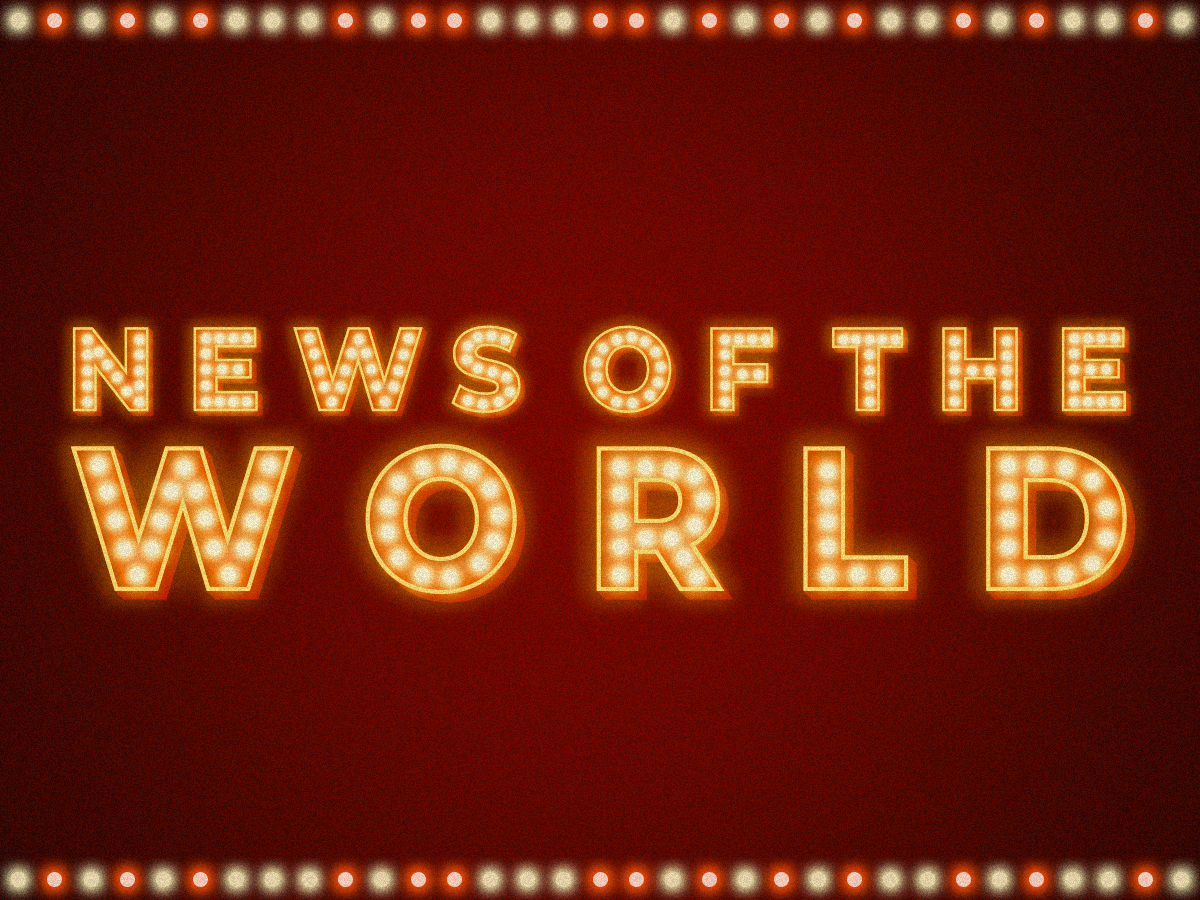
- [NoW] Jay Electronica, Back in 20202020.12.24
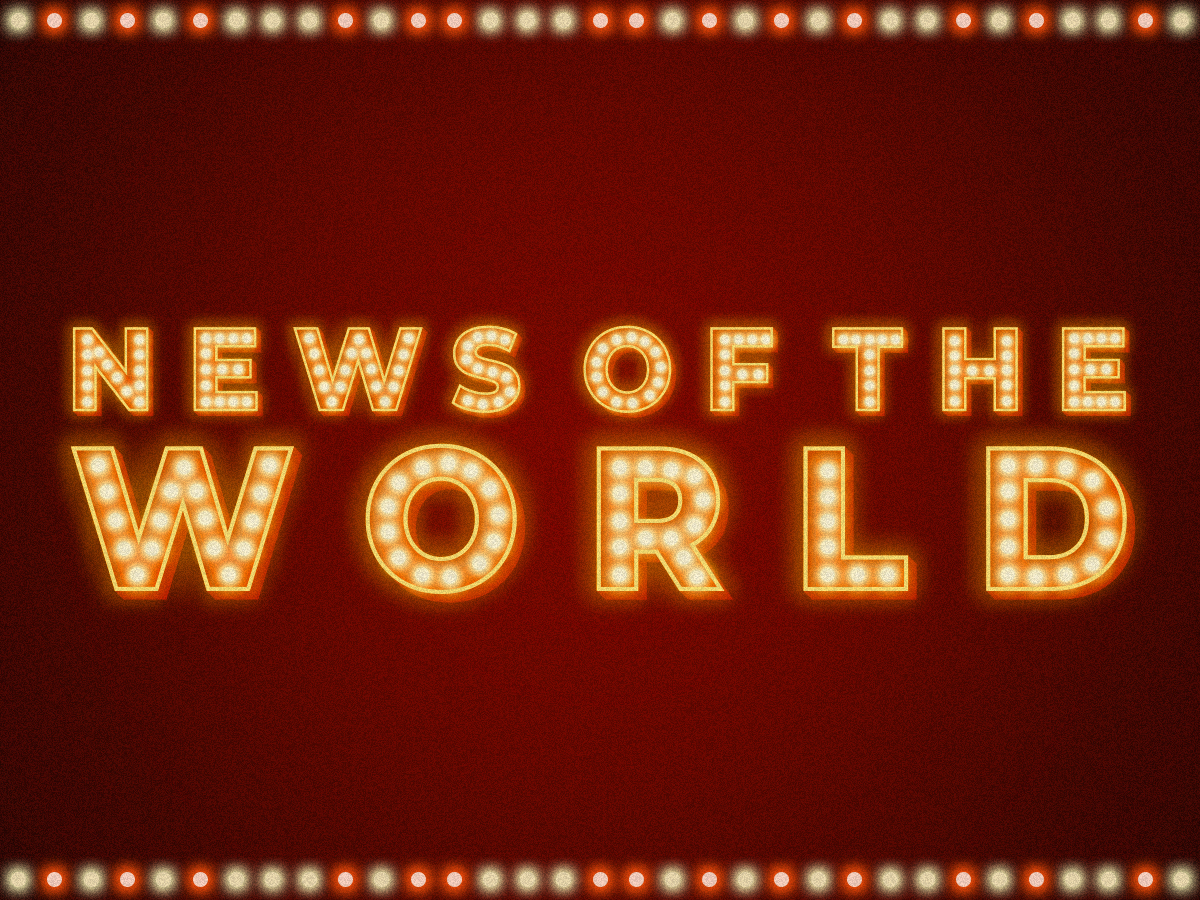
- [NoW] RIP MF Doom2021.01.22
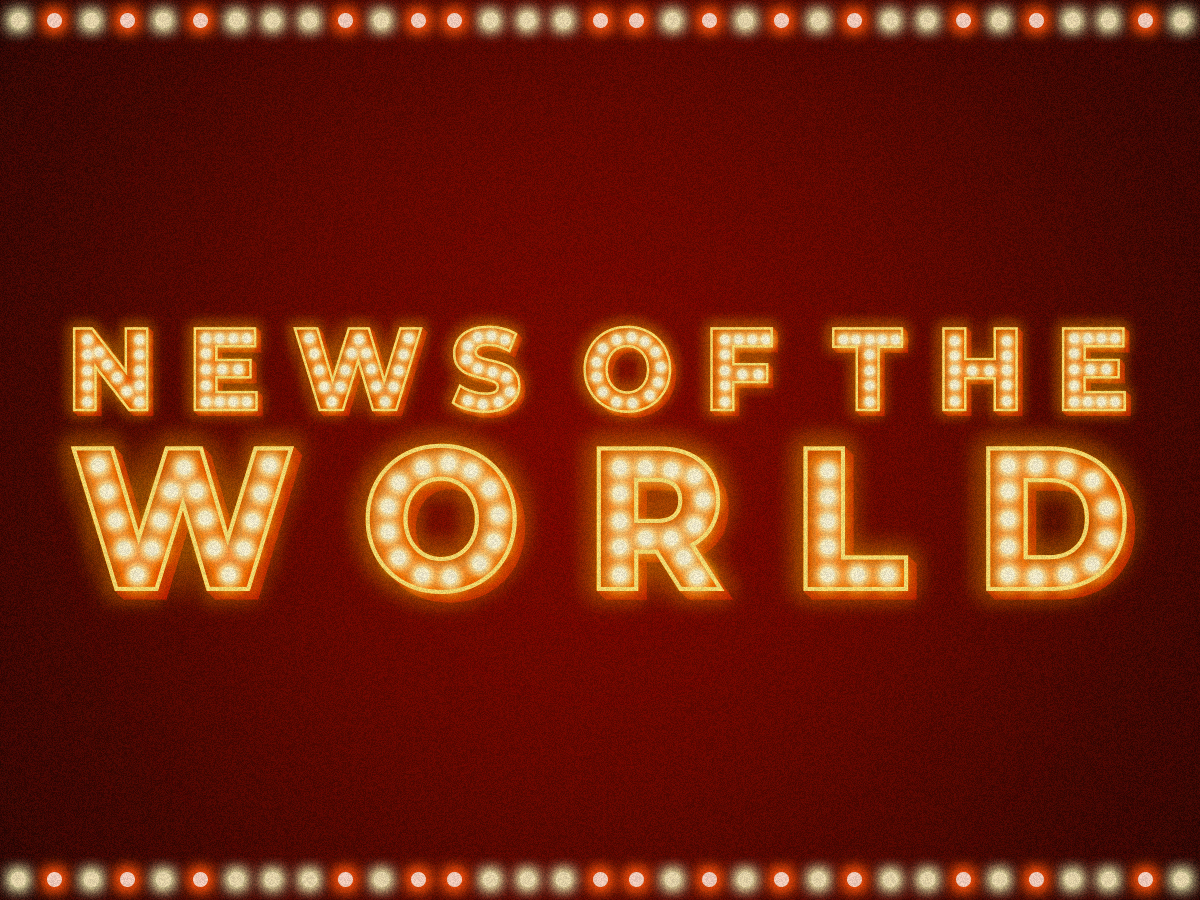
- [NoW] Lauryn Hill goes diamond2021.02.26
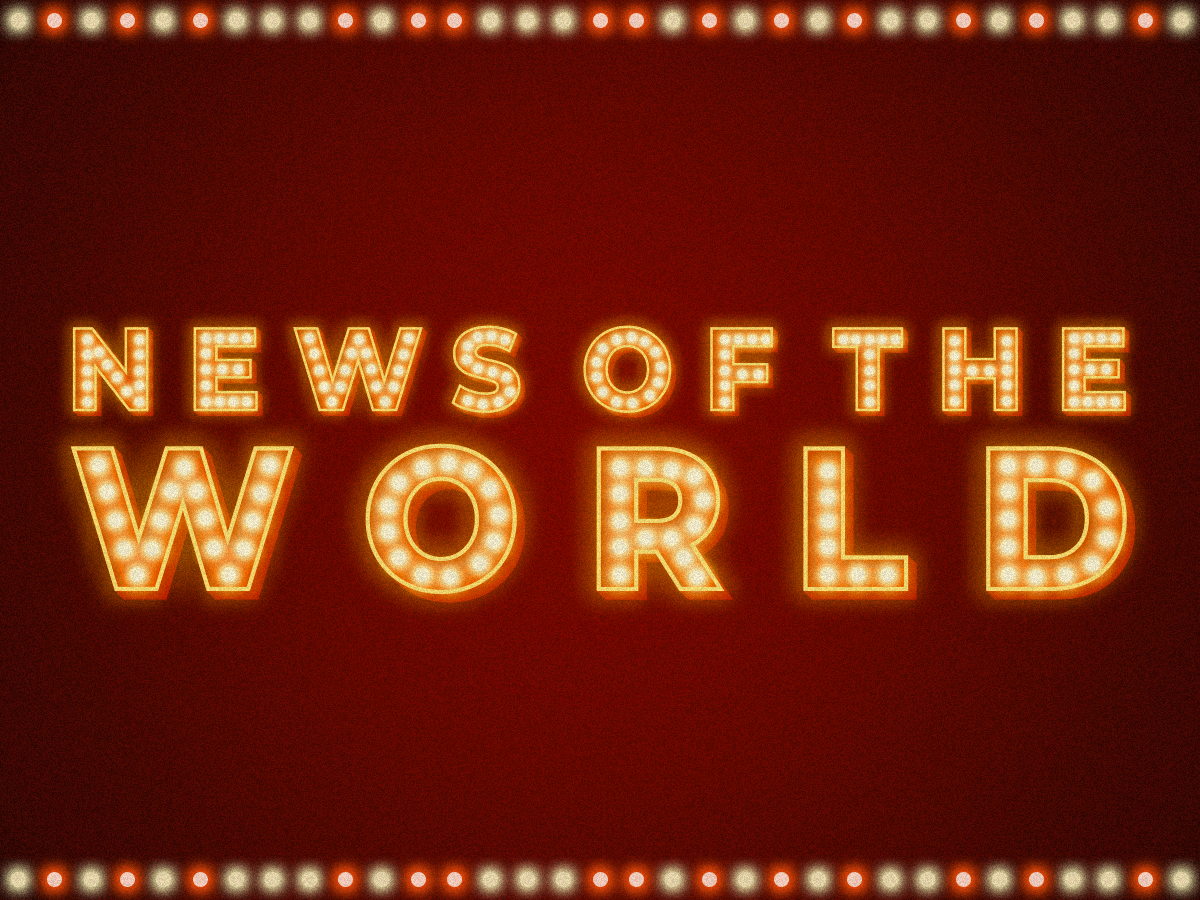
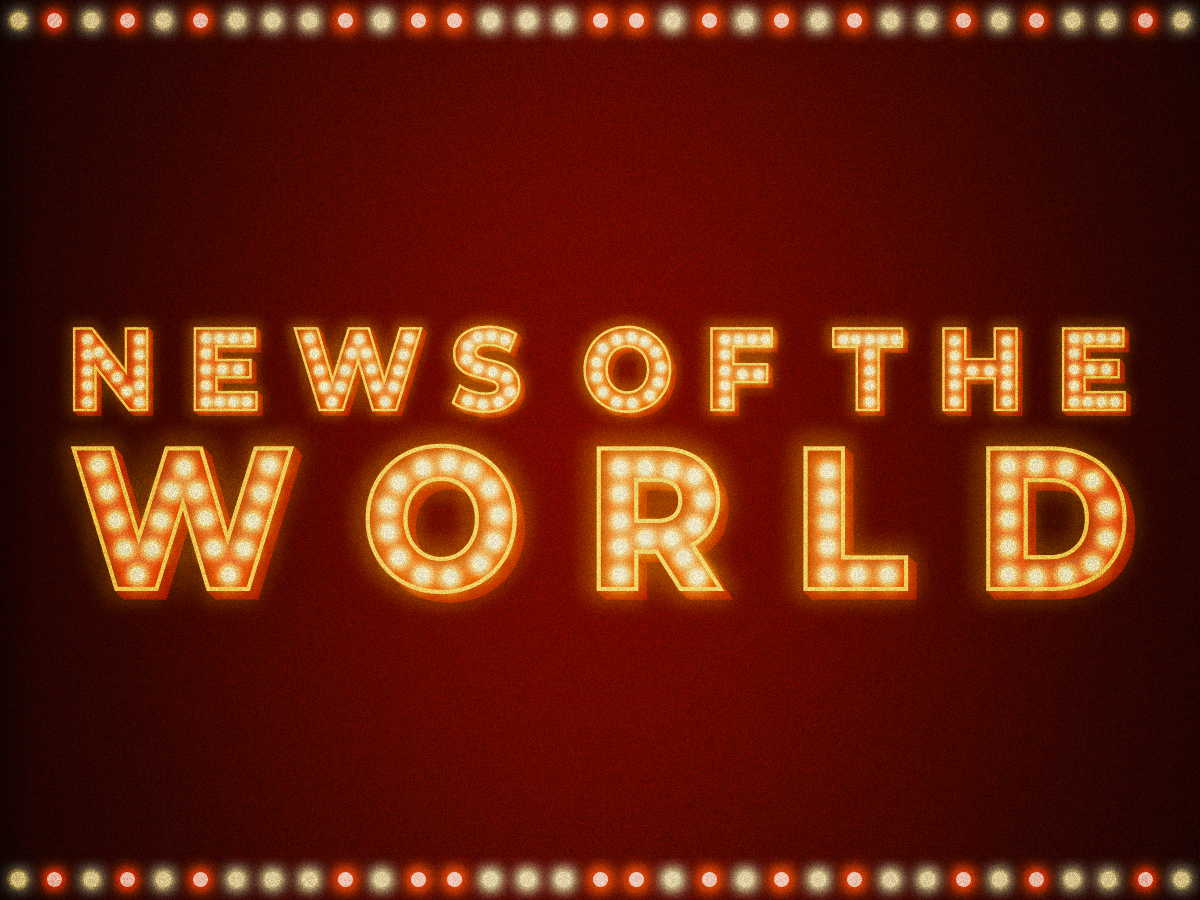
- [NoW] 콜 미 바이 유어 네임, Lil Nas X2021.04.23
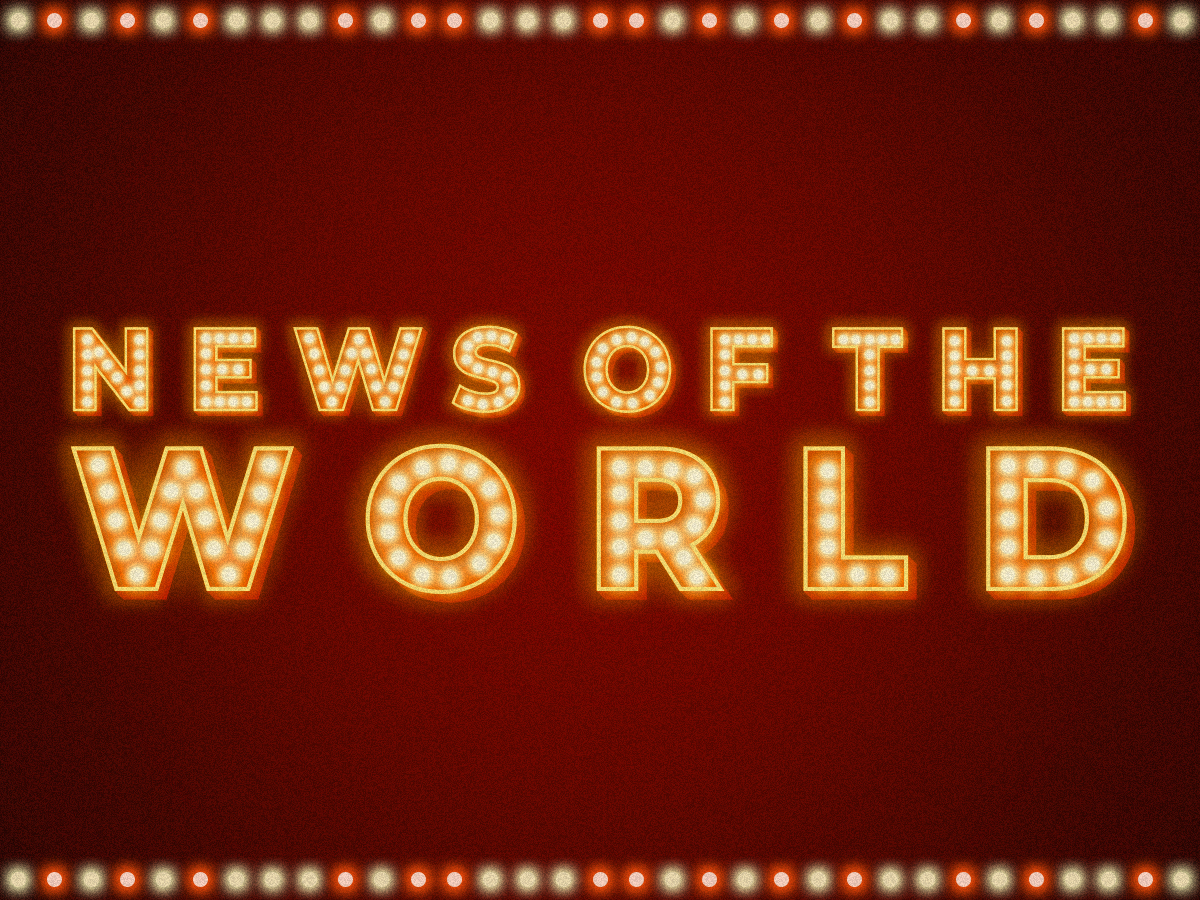

- [NoW] Kenny Beats2021.06.18


- [NoW] Hiatus Kaiyote2021.08.13
